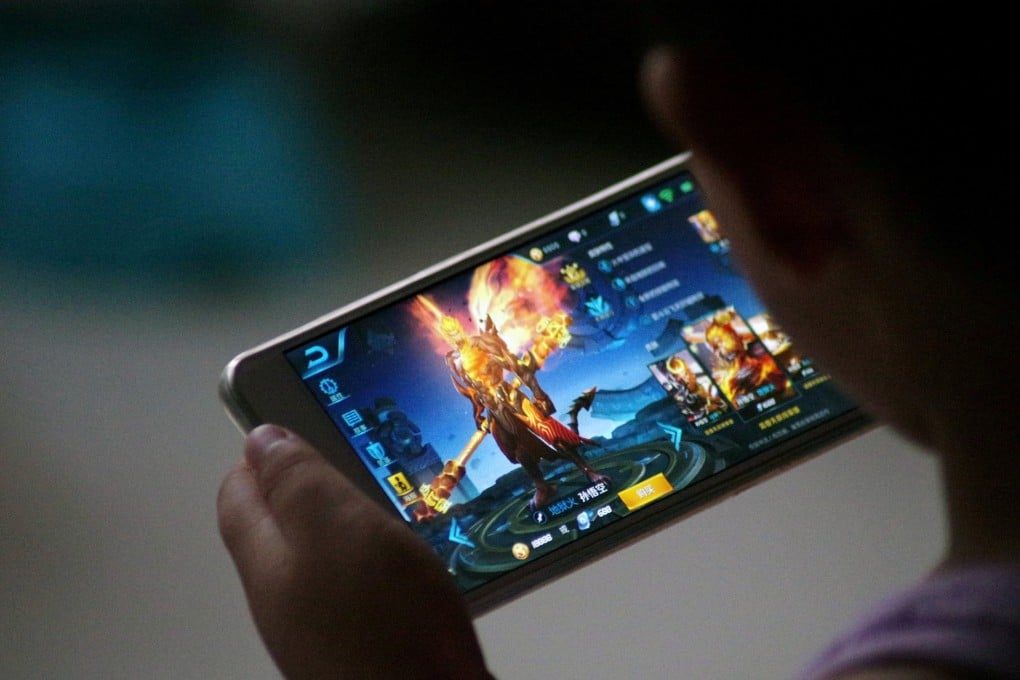China gaming ban: licenses for new titles may resume soon, media report says, boosting Tencent and NetEase stocks
- New game approvals in China could come by the end of November, a local newspaper reported, as company executives say they also expect the freeze to end soon
- China has not approved any new game licenses since July, and the months-long crackdown has resulted in cancelled projects and lay-offs in the industry

The National Press and Publication Administration (NPPA) will resume issuing new licences for video games by the end of November, the 21st Century Business Herald reported, citing unnamed sources. Executives at three gaming companies in China, who declined to be named because they are not authorised to speak to media, also told the South China Morning Post on Tuesday that they expect new game licenses within weeks.
Even if approvals start up again soon, though, the three executives said they expect only a small number of new licenses to make it through authorities’ highly selective approval process.
One executive said that “quality” boutique games will receive licenses ahead of big commercial titles. Another said the number of approved games will be small because authorities want to consolidate all the restrictions they now have in place.
In more good news for NetEase, China’s second largest gaming company said its third-quarter revenues increased 18.9 per cent to 22.2 billion yuan, up from 15.9 billion yuan in the same period last year.